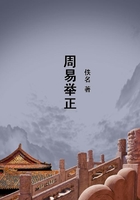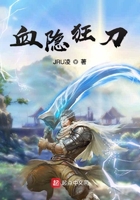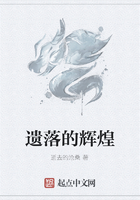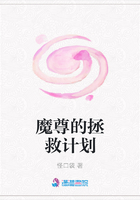BUT THE NEW ENGINES WERE VERY
EXPENSIVE AND ONLY PEOPLE OF WEALTH COULD AFFORD THEM. THE OLD CARPENTER OR SHOEMAKER WHO HAD BEEN HIS OWN MASTER IN HIS LITTLE WORKSHOP WAS OBLIGED TO HIRE HIMSELF OUT TO THE OWNERS OF THE BIG MECHANICAL TOOLS, AND WHILE HE MADE MORE MONEY THAN BEFORE, HE LOST HIS FORMER INDEPENDENCE AND HE DID NOT LIKE THAT.
IN the olden days the work of the world had been done by independent workmen who sat in their own little workshops in the front of their houses, who owned their tools, who boxed the ears of their own apprentices and who, within the limits prescribed by their guilds, conducted their business as it pleased them. They lived simple lives, and were obliged to work very long hours, but they were their own masters. If they got up and saw that it was a fine day to go fishing, they went fishing and there was no one to say "no."
But the introduction of machinery changed this. A machine is really nothing but a greatly enlarged tool. A railroad train which carries you at the speed of a mile a minute is in reality a pair of very fast legs, and a steam hammer which flattens heavy plates of iron is just a terrible big fist, made of steel.
But whereas we can all afford a pair of good legs and a good strong fist, a railroad train and a steam hammer and a cotton factory are very expensive pieces of machinery and they are not owned by a single man, but usually by a company of people who all contribute a certain sum and then divide the profits of their railroad or cotton mill according to the amount of money which they have invested.
Therefore, when machines had been improved until they were really practicable and profitable, the builders of those large tools, the machine manufacturers, began to look for customers who could afford to pay for them in cash.
During the early middle ages, when land had been almost the only form of wealth, the nobility were the only people who were considered wealthy. But as I have told you in a previous chapter, the gold and silver which they possessed was quite insignificant and they used the old system of barter, exchanging cows for horses and eggs for honey. During the crusades, the burghers of the cities had been able to gather riches from the reviving trade between the east and the west, and they had been serious rivals of the lords and the knights.
The French revolution had entirely destroyed the wealth of the nobility and had enormously increased that of the middle class or "bourgeoisie." The years of unrest which followed the Great Revolution had offered many middle-class people a chance to get more than their share of this world's goods. The estates of the church had been confiscated by the French Convention and had been sold at auction. There had been a terrific amount of graft. Land speculators had stolen thousands of square miles of valuable land, and during the Napoleonic wars, they had used their capital to "profiteer" in grain and gun-powder, and now they possessed more wealth than they needed for the actual expenses of their households, and they could afford to build themselves factories and to hire men and women to work the machines.
This caused a very abrupt change in the lives of hundreds of thousands of people. Within a few years, many cities doubled the number of their inhabitants and the old civic centre which had been the real "home" of the citizens was surrounded with ugly and cheaply built suburbs where the workmen slept after their eleven or twelve hours, or thirteen hours, spent in the factories and from where they returned to the factory as soon as the whistle blew.
Far and wide through the countryside there was talk of the fabulous sums of money that could be made in the towns. The peasant boy, accustomed to a life in the open, went to the city.
He rapidly lost his old health amidst the smoke and dust and dirt of those early and badly ventilated workshops, and the end, very often, was death in the poor-house or in the hospital.
Of course the change from the farm to the factory on the part of so many people was not accomplished without a certain amount of opposition. Since one engine could do as much work as a hundred men, the ninety-nine others who were thrown out of employment did not like it. Frequently they attacked the factory-buildings and set fire to the machines, but Insurance Companies had been organised as early as the 17th century and as a rule the owners were well protected against loss.


